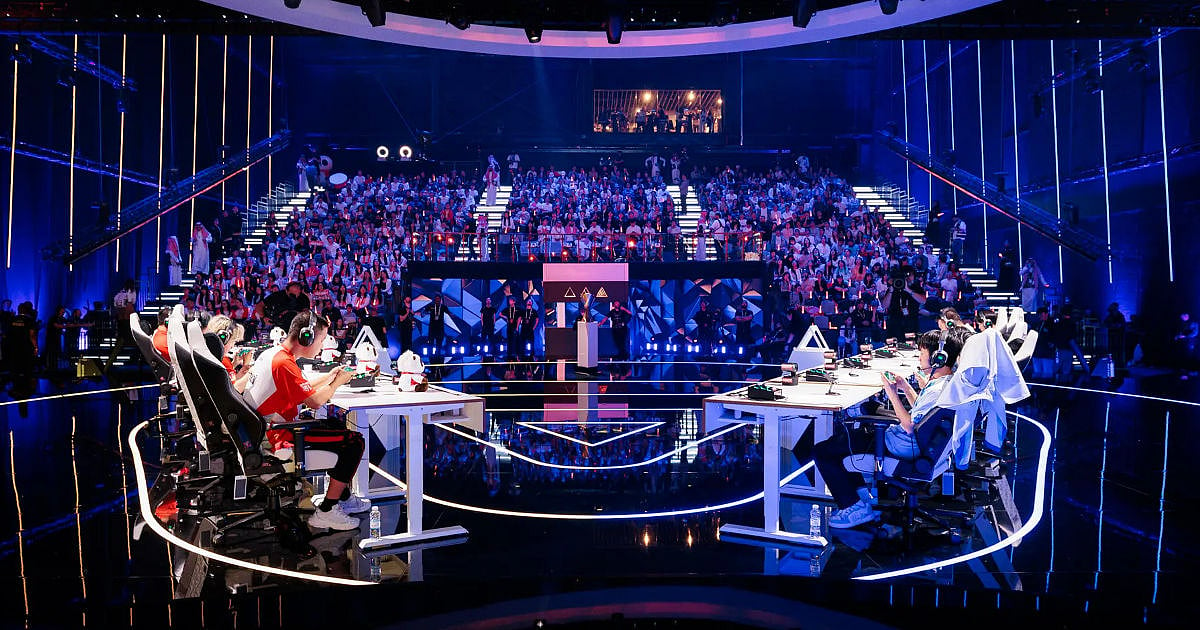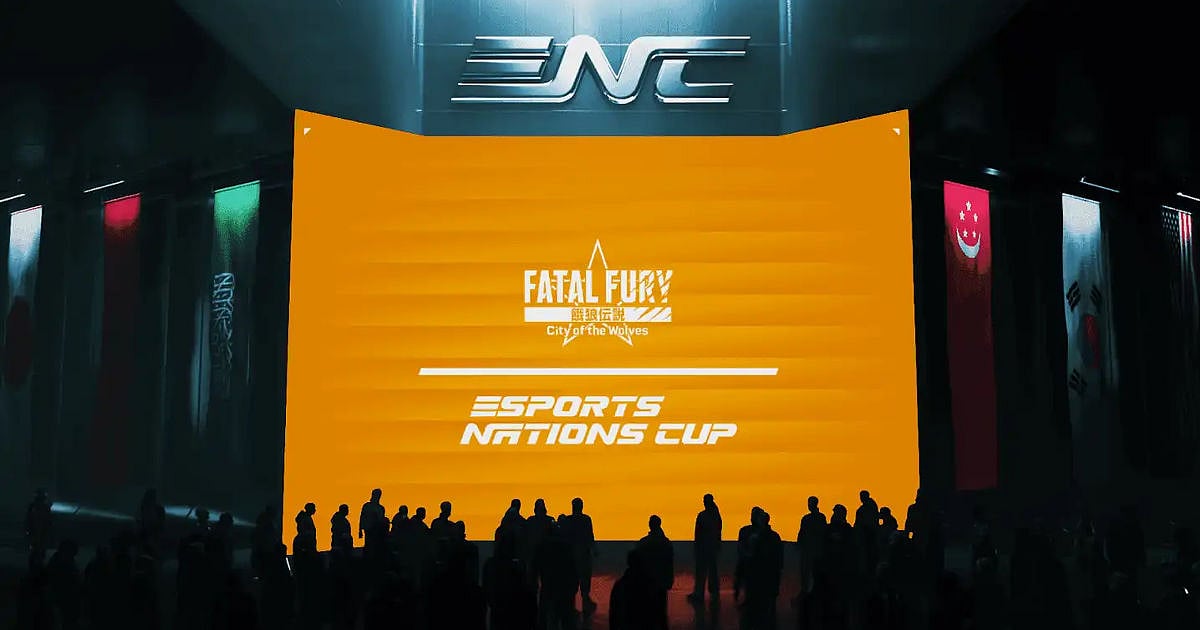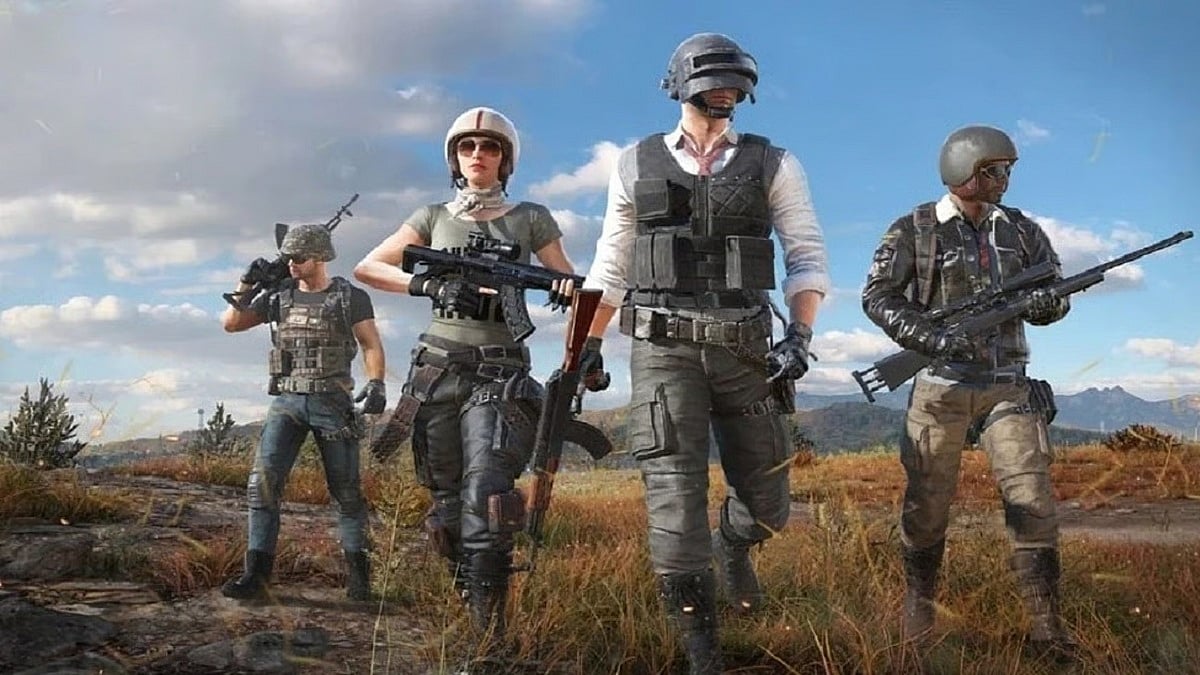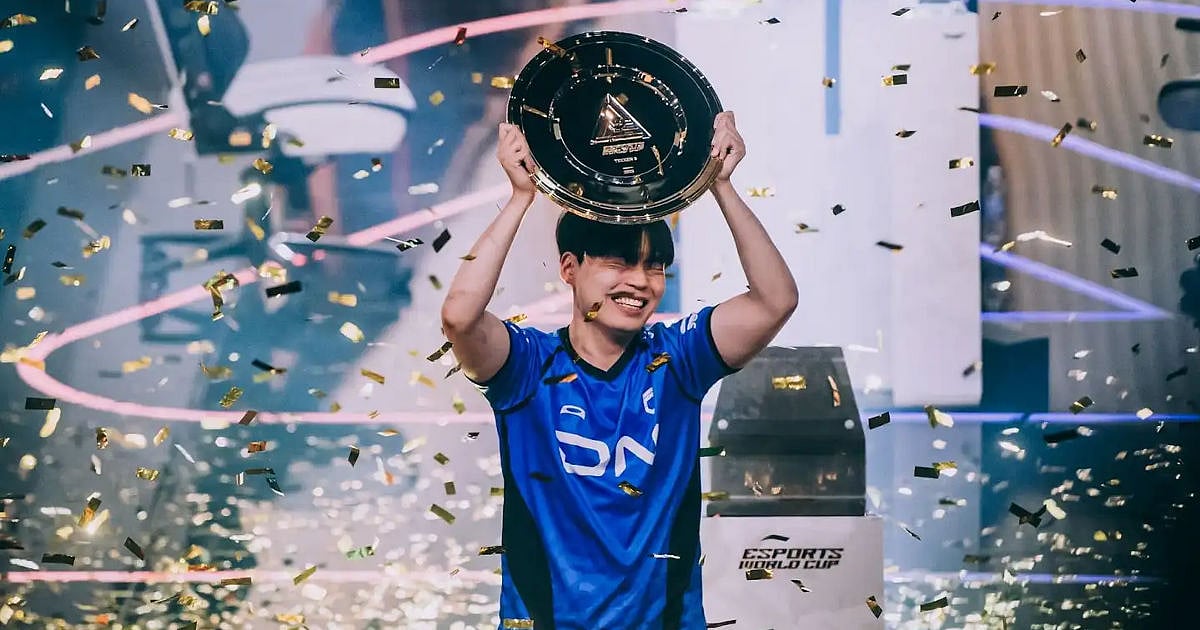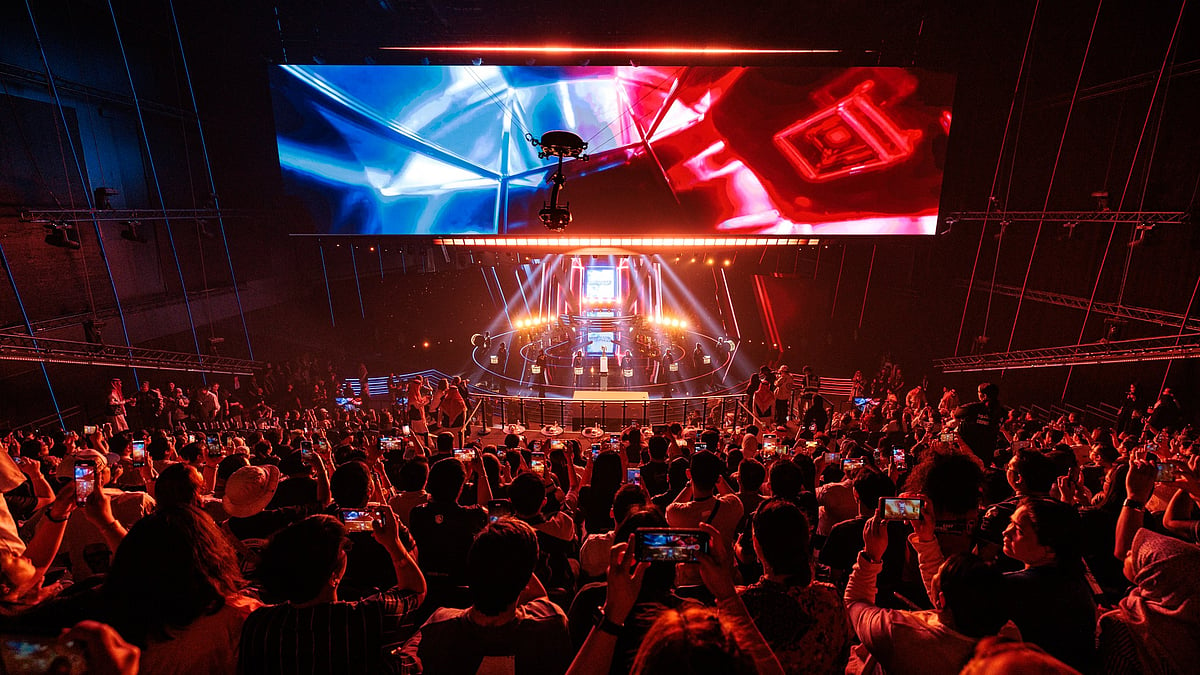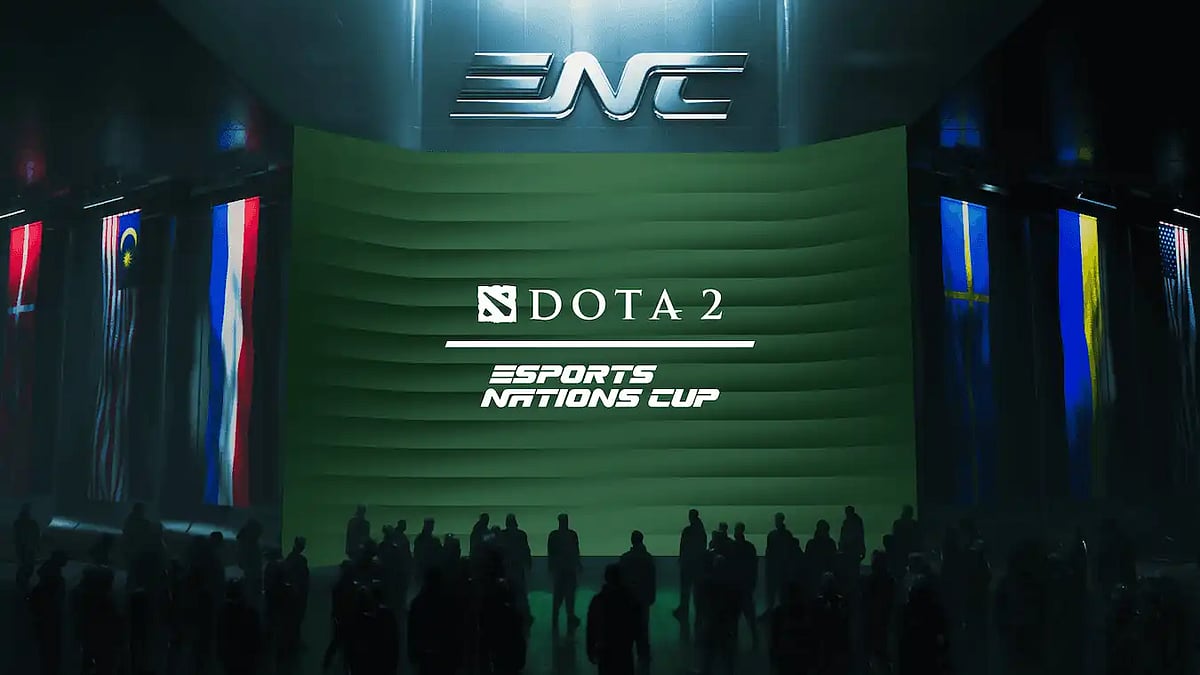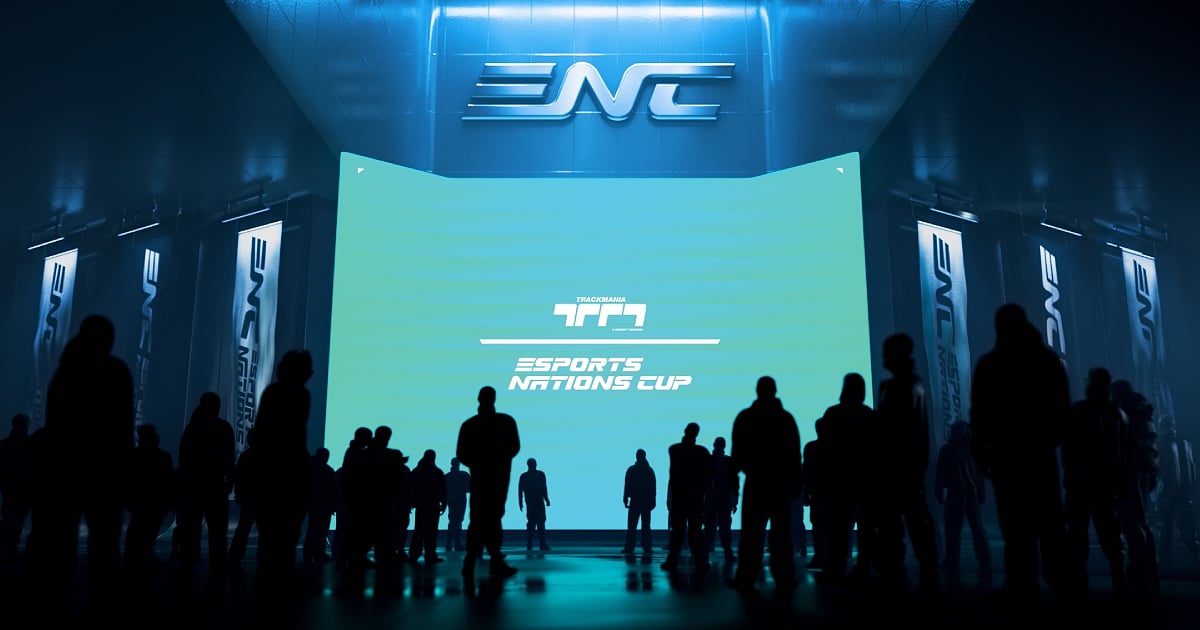
Esports vs Sports: How Do the Two Compare?
Esports vs Sports: How Do the Two Compare?
Esports, or electronic sports, have seen a surge in popularity over the past decade. It has created careers and received global recognition in traditional sporting events like the Asian Games, SEA Games, and the Commonwealth Games (Commonwealth Esports Championships). Sports and esports have a lot in common, but they also have key differences. Here is a look at how the two disciplines compare with each other.
1. Popularity
Traditional sports have a much larger audience. National-level events can draw hundreds of millions of viewers, with some international events crossing a billion total viewers. The FIFA World Cup in 2022 in Qatar reportedly reached over 5.4 billion total views across all matches, making it the most-watched event in sports history.
Esports viewership is smaller in comparison, but it is growing rapidly. According to a report by Newzoo, the estimated esports audience size was 662 million in 2020. It grew to 921 million by 2022, and it is projected to grow to 1.4 billion by 2025. Esports has surpassed many traditional sports in terms of viewership, and the audience size is expected to grow over time. The Free Fire World Series in 2021 saw over 5.41 million peak concurrent viewers. In comparison, the NHL Stanley Cup finals in the same year had 2.52 million viewers. Similarly, the Fortnite World Cup 2019 finals surpassed the Major League Soccer cup finals in the United States.
2. Revenue
Traditional sports are far ahead of esports when it comes to revenue. According to Cognitive Market Research, the sports market is expected to reach $505 billion in 2025, and it is projected to grow to $790 billion by 2033.
According to SkyQuest Technology, the global esports market size was over $2.1 billion in 2024, and it is expected to grow to $6.63 billion by 2030. Unlike traditional sports, esports is not the primary focus for many video game companies. It primarily exists as a tool to promote the games or to give back a competitive experience to the player base.
3. Careers
Esports and traditional sports have a lot in common when it comes to the average professional’s career trajectory. In many cases, professionals stop competing after their late 20s or early 30s, depending on the sport. Traditional sports professionals move to analytics, coaching, or consulting roles to continue their careers. In some cases, they continue competing at lower-tier competitions.
Esports professionals often turn to content creation, coaching, or management roles. Many professionals continue to be part of the game’s communities despite leaving competitive play. Both traditional sports and esports have short-lived competitive careers with young retirement ages.
4. Culture
Traditional sports are widely accepted in cultures. Professionals who compete in local, national, or international events receive support from governing bodies. In comparison, competitive esports were not as widely recognized.
Countries like South Korea and China have started classifying esports players as professional athletes, which marks a significant step in legitimizing esports in modern-day culture. Despite these measures, esports and gaming are not favorably viewed in some cultures.
5. Physical Activity and Athleticism
One of the reasons why many don’t consider esports a real sport is the lack of athleticism needed to compete. Traditional sports require competitors to maintain a high level of fitness. Athletes have to train for hours every day and practice against others.
Esports athletes do not have to undergo extreme physical activity. However, the amount of training is similar. Pro players have to practice for several hours every day, and it can be mentally taxing. Esports leans more towards cognitive abilities, speed, and reaction times. So while esports is not physically demanding, it can be very competitive and stressful due to the mental strain.

Author
Abhimannu Das is a web journalist at Outlook India with a focus on Indian pop culture, gaming, and esports. He has over 10 years of journalistic experience and over 3,500 articles that include industry deep dives, interviews, and SEO content. He has worked on a myriad of games and their ecosystems, including Valorant, Overwatch, and Apex Legends.
Abhimannu Das is a web journalist at Outlook India with a focus on Indian pop culture, gaming, and esports. He has over 10 years of journalistic experience and over 3,500 articles that include industry deep dives, interviews, and SEO content. He has worked on a myriad of games and their ecosystems, including Valorant, Overwatch, and Apex Legends.
Related Articles
